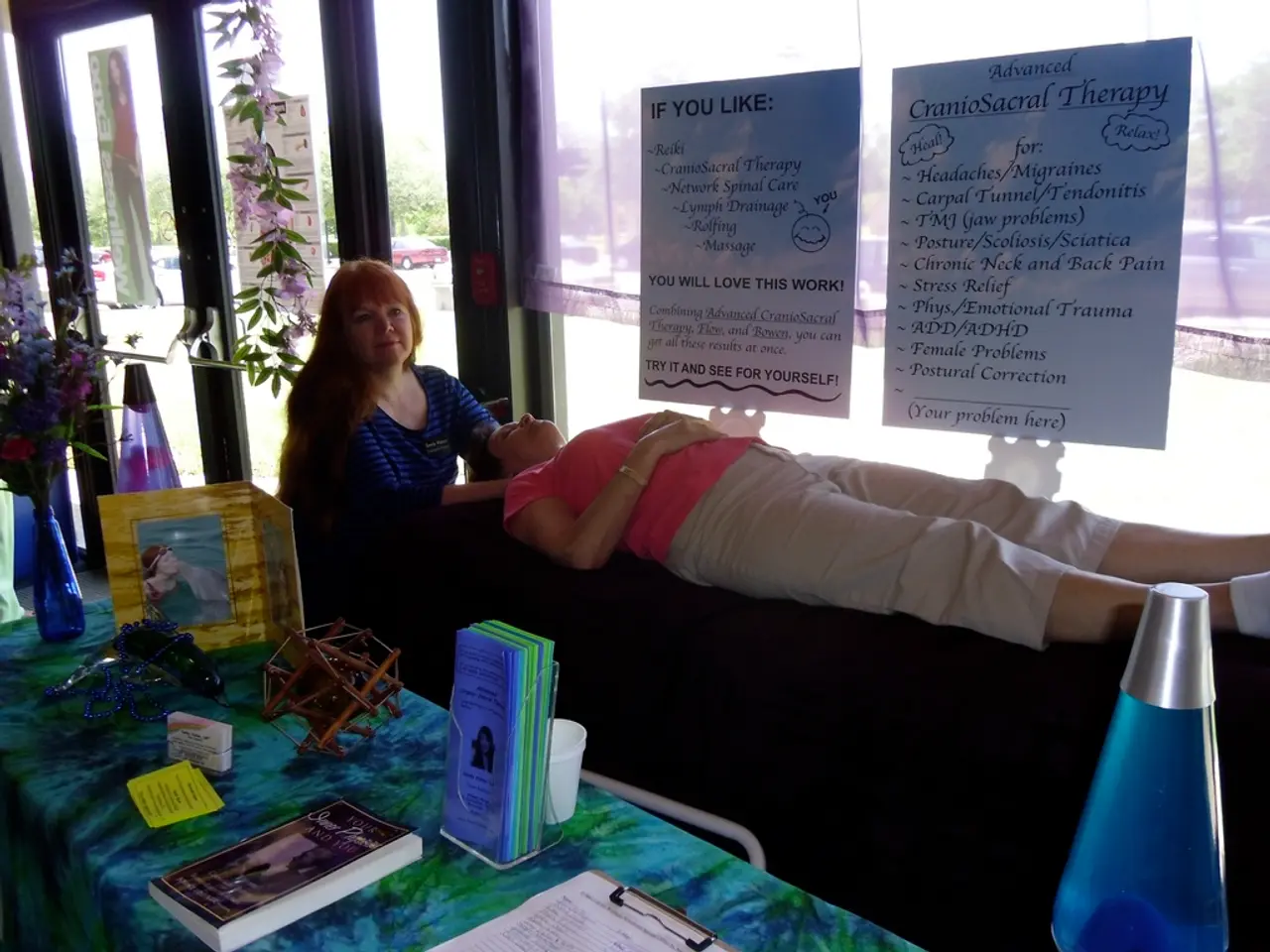Struggling with Loss after Self-Inflicted Death: Strategies for Grief Management
Dealing with the loss of a loved one to suicide can be an incredibly challenging and complex experience. Here are some healthy coping tools that may help you navigate this difficult journey.
1. Seek Support
Connect with Others
Finding support from people who understand suicide grief is crucial. This can include support groups where you can share your feelings and listen to others who have gone through similar experiences.
Therapy
Working with a therapist or grief counselor trained in suicide bereavement can provide you with the necessary tools to process complex emotions and develop healthy coping strategies.
2. Express Emotions
Creative Expression
Use creative outlets like writing, art, or music to express your feelings. This can help process emotions without needing to talk about them.
Journaling
Writing down your thoughts and feelings can be a therapeutic way to reflect on your emotions and experiences.
3. Physical Health
Exercise
Gentle exercise, such as yoga or walking, can help reduce stress and improve mood.
Healthy Habits
Maintain good sleep habits, eat a balanced diet, and avoid using alcohol or drugs to cope with grief.
4. Establish Routines
Daily Routines
Reestablishing routines can provide a sense of stability and normalcy during a chaotic time.
Memorialize Your Loved One
Finding ways to honor your loved one, such as creating a memorial or participating in activities related to them, can help process grief.
5. Self-Compassion
Allow Feelings
It’s essential to allow yourself to feel whatever emotions arise without judgment or embarrassment. Your grief is unique, and it’s okay to feel angry, sad, or even happy at times.
Safe Space
Create a safe space to explore your emotions at your own pace.
Remember, seeking help is a sign of strength, not weakness. Our website provides online grief counseling and can connect you with a licensed therapist specializing in grief and loss. The content on our website is grounded in scientific research and evidence-based practices, extensively reviewed by a team of clinical experts.
By using these coping tools, you can begin to navigate the complex emotions associated with suicide grief. Taking a break from grief and finding small moments of peace will help you heal and recover. It's important to remember that healing from a suicide loss is an ongoing process, and it's alright if you're struggling.
Sources for the information on our website come from reputable journals and organizations such as the Journal of Psychosocial Nursing and Mental Health Services, the American Psychological Association, and the International Journal of Environmental Research and Public Health. Articles on our website contain trusted third-party sources that are either directly linked to in the text or listed at the bottom.
Creating a ritual or tribute to honor your loved one's life can help you feel connected and remind you of their impact. There's no right or wrong way to have a tribute to honor someone's life, all that matters is whatever you plan feels meaningful to you.
Research shows that losing someone to suicide can cause feelings of shame, blame, and judgment. Participants of peer support groups for suicide bereavement report reduced grief and significant improvement in overall well-being. Rituals and tributes help you feel connected, even after a loss, and remind you how special your loved one was and that they're still in your heart.
If you're carrying pain from suicide grief and it's been over a year, it might be time to seek professional help for complicated grief. Healing from a suicide loss is an ongoing process, and it's important to take care of yourself. Simple ways to practice self-care when grieving include eating, sleeping, and taking care of basic hygiene needs. There's no timeline for grief, learning how to cope with a suicide loss is a process that involves letting go of the why when ready.
Mental health is an essential aspect to consider during the grieving process after a loved one's suicide. Therapy or counseling grounded in scientific research and evidence-based practices can offer tools to process complex emotions and develop healthy coping strategies. (From: Therapy)
Engaging in self-compassion, such as allowing feelings without judgment, creating a safe space to explore emotions, and practicing simple self-care activities, can be crucial in the healing process. (From: Self-Compassion)




